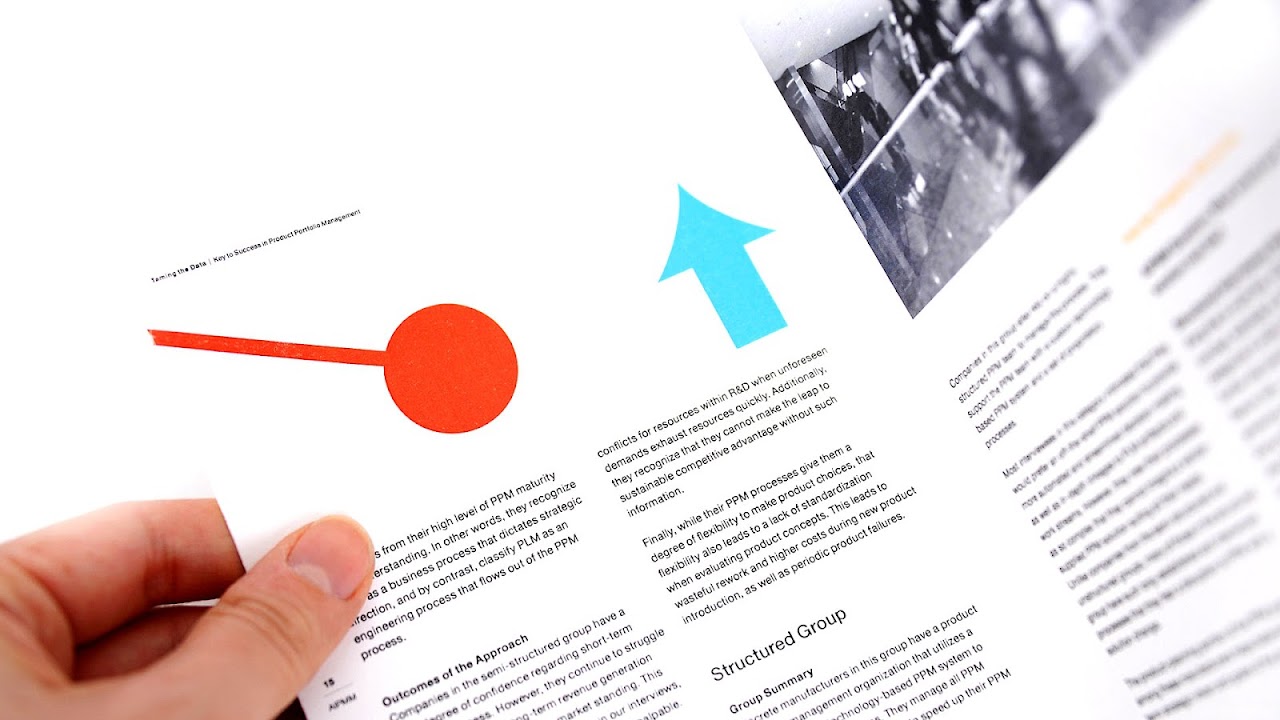
A white paper is an authoritative report or guide that informs readers concisely about a complex issue and presents the issuing body's philosophy on the matter. It is meant to help readers understand an issue, solve a problem, or make a decision.
The initial British term concerning a type of government-issued document has proliferated, taking a somewhat new meaning in business. In business, a white paper is closer to a form of marketing presentation, a tool meant to persuade customers and partners and promote a product or viewpoint. White papers may be considered grey literature.

Maps, Directions, and Place Reviews
In government
The term white paper originated with the British government, and many point to the Churchill White Paper of 1922 as the earliest well-known example under this name. In British government it is usually the less extensive version of the so-called blue book, both terms being derived from the colour of the document's cover.
White papers are a "... tool of participatory democracy ... not [an] unalterable policy commitment." "White papers have tried to perform the dual role of presenting firm government policies while at the same time inviting opinions upon them."
In Canada, a white paper is "...a policy document, approved by Cabinet, tabled in the House of Commons and made available to the general public." The "provision of policy information through the use of white and green papers can help to create an awareness of policy issues among parliamentarians and the public and to encourage an exchange of information and analysis. They can also serve as educational techniques."
White papers are a way the government can present policy preferences before it introduces legislation. Publishing a white paper tests public opinion on controversial policy issues and helps the government gauge its probable impact.
By contrast, green papers, which are issued much more frequently, are more open-ended. Also known as consultation documents, green papers may merely propose a strategy to implement in the details of other legislation, or they may set out proposals on which the government wishes to obtain public views and opinion.
Examples of governmental white papers include White Paper on Full Employment, White Paper of 1939, and the 1966 Defence White Paper.
It White Papers Video
In business-to-business marketing
Since the early 1990s, the term "white paper" has been applied to documents used as marketing or sales tools in business. These white papers are long-form content designed to promote the products or services from a specific company. As a marketing tool, these papers use selected facts and logical arguments to build a case favorable to the company sponsoring the document. B2B white papers are often used to generate sales leads, establish thought leadership, make a business case, or inform and persuade prospective customers, channel partners, journalists, analysts, or investors.
White papers are considered to be as a form of content marketing or inbound marketing; in other words, sponsored content available on the web with or without registration, intended to raise the visibility of the sponsor in search engine results and thus build web traffic. Many B2B white papers argue that one particular technology, product or method is superior for solving a specific business problem. They may also present research findings, list a set of questions or tips about a certain business issue, or highlight a particular product or service from a vendor.
There are, essentially, three main types of commercial white papers:
- Backgrounder: Describes the technical or business benefits of a certain vendor's offering, either a product, service, or methodology. This type of white paper is best used to supplement a product launch, argue a business case, or support a technical evaluation at the bottom of the sales funnel.
- Numbered list: Presents a set of tips, questions, or points about a certain business issue. This type is best used to get attention with new or provocative views, or cast aspersions on competitors.
- Problem/solution: Recommends a new, improved solution to a nagging business problem. This type is best used to generate leads at the top of the sales funnel, build mind share, or inform and persuade stakeholders, building trust and credibility in the subject.
While a numbered list may be combined with either other type, it is not workable to combine the detailed product information of a backgrounder with the industry-wide perspective of a problem/solution white paper.

Variants
Several variations on the colour theme exist:
- The green paper is a proposal or consultative document rather than being authoritative or final.
Two others are much less well established:
- A blue paper sets out technical specifications of a technology or item of equipment.
- A yellow paper is a document containing research that has not yet been formally accepted or published in an academic journal. It is synonymous to the more widely used term preprint.
Source of the article : Wikipedia


EmoticonEmoticon